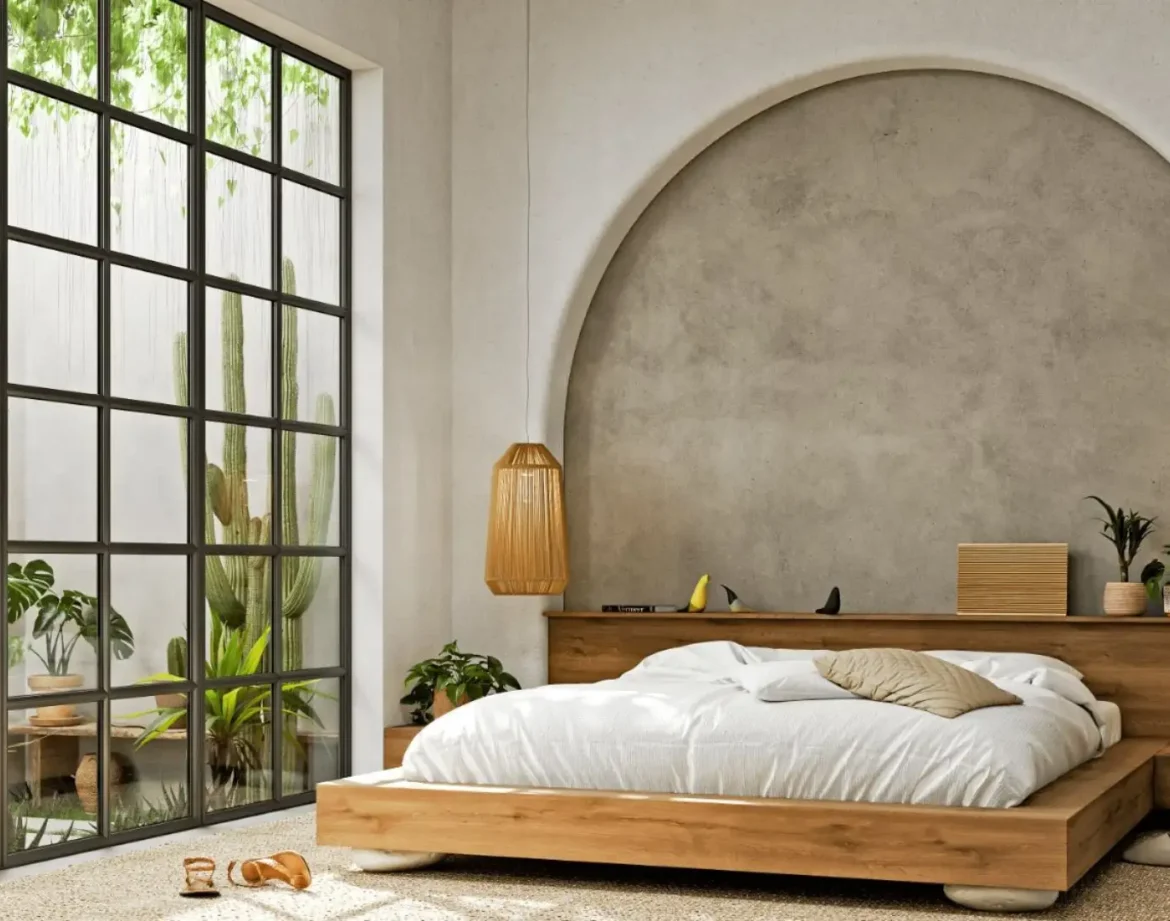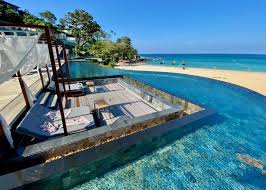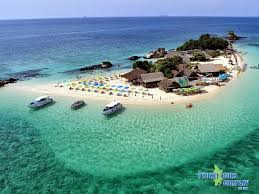Leasehold terms vs freehold terms – Explained!
Thailand is an attractive destination for foreign investors, with its stunning beaches, vibrant culture, and a growing real estate market. But, if you’re eyeing property here, you’ll need to play by the local rules. In Thailand, foreigners can invest in property, but only under specific conditions. Here’s what you need to know:
Leasehold vs Freehold: The Basics
If you’re a foreigner, your property ownership options come down to two primary paths: leasehold or freehold. Each has its own set of rules, benefits, and limitations, so let’s break it down.
Leasehold: Flexibility with a Time Limit
A leasehold agreement allows you to enjoy property ownership without actually owning the land. This is a popular choice for foreigners wanting to purchase villas, houses, or even land plots. Under Thai law, foreigners can lease property for a maximum of 30 years, with an option to renew for another 30 years, although extensions are not guaranteed. In some cases, leasehold contracts can stretch up to 90 years, but it all depends on the agreement with the landowner.
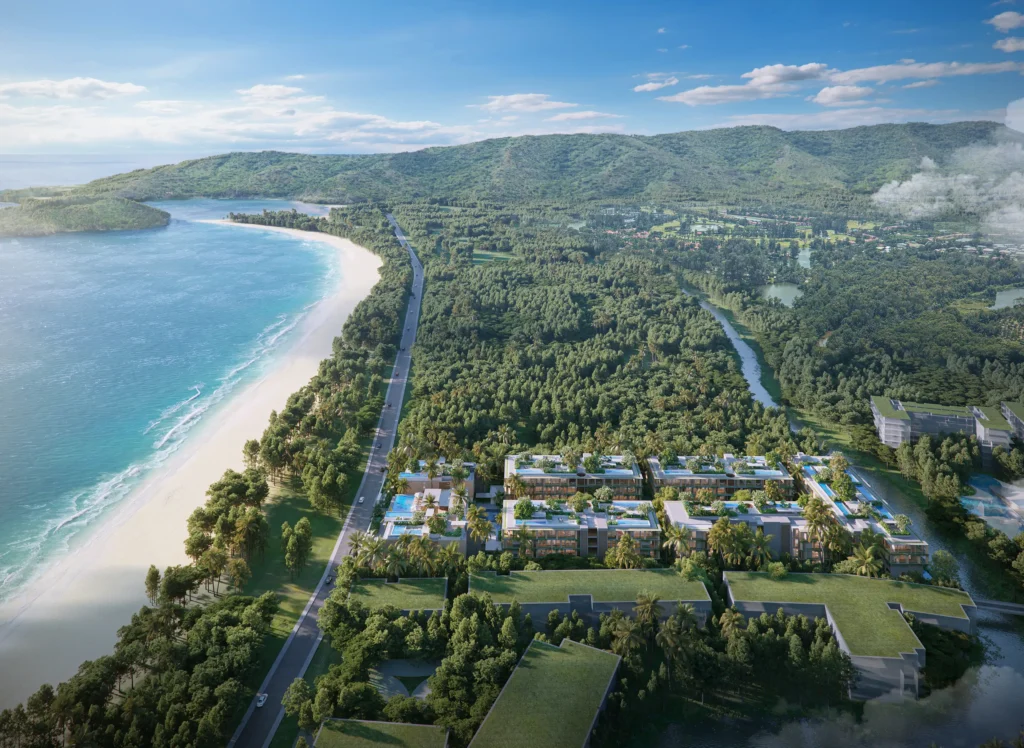
Key Features of Leasehold:
- Duration: Typically 30+30+30 years
- Property Types: Condominiums, villas, houses, and land plots.
- Ownership: While you don’t own the land, you have full rights to use, sell, or transfer the lease to another buyer.
- Taxes: Leasehold arrangements generally have lower taxes and fees than freehold, making them an attractive option for those looking for fewer upfront costs.
Freehold: Full Ownership in Foreign Quotas
For those looking for more permanent ownership, freehold is the gold standard—but it comes with limitations. Foreigners are only allowed to own freehold property in specific circumstances, mainly through the purchase of a condominium unit. Under Thailand’s Condominium Act, foreigners can only own up to 49% of the total floor space of a condominium project. This is known as the foreign quota.
Key Features of Freehold:
- Duration: Unlimited—once you buy a property freehold, it’s yours permanently.
- Property Types: Typically applies to condominium units, not land or houses.
- Ownership: You own 100% of the unit, and your name appears on the title deed (chanote).
- Taxes: Higher transfer and registration taxes compared to leasehold, but you have full ownership rights.
Purchasing a Villa or House in Thailand
When it comes to purchasing a villa or house in Thailand, foreigners cannot own land directly. However, there are two popular solutions:
- Lease the Land, Own the House: You can buy the villa freehold but lease the land it stands on. This gives you full ownership of the structure, while the land lease allows you to use the property for the agreed lease term.
- Set Up a Company: Some foreigners opt to set up a Thai company, where a local Thai partner owns 51% of the shares, while the foreign investor holds 49%. This setup allows the company to buy both the villa and the land in freehold terms.
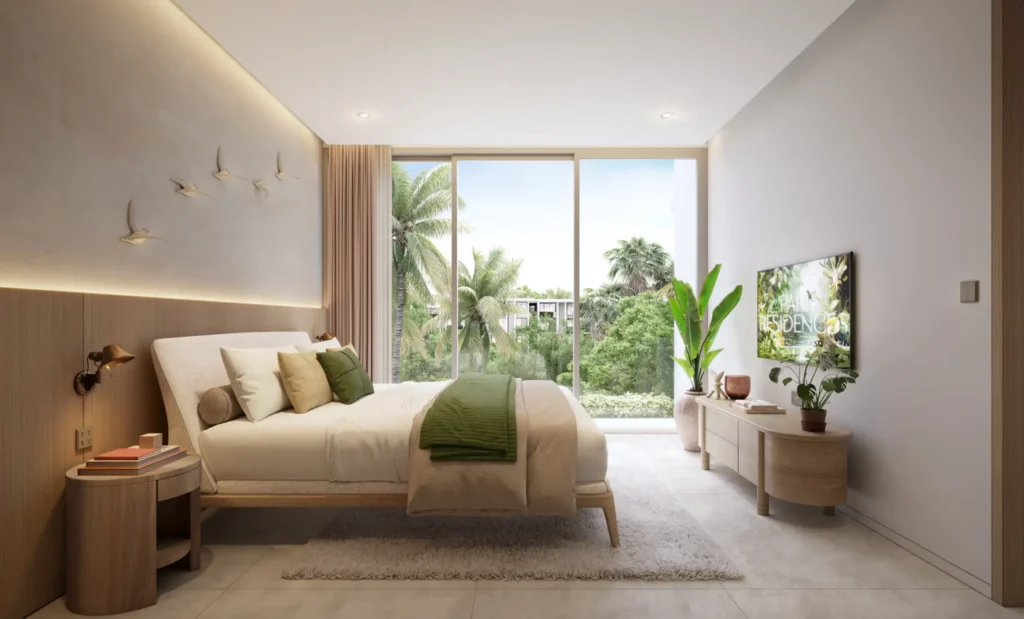
Conclusion: Leasehold vs Freehold
The choice between leasehold and freehold depends on your long-term goals. If you’re looking for a flexible, low-cost way to enjoy a property for decades, leasehold might be your best bet. However, if full ownership and long-term investment are your priorities, freehold units are the way to go!
